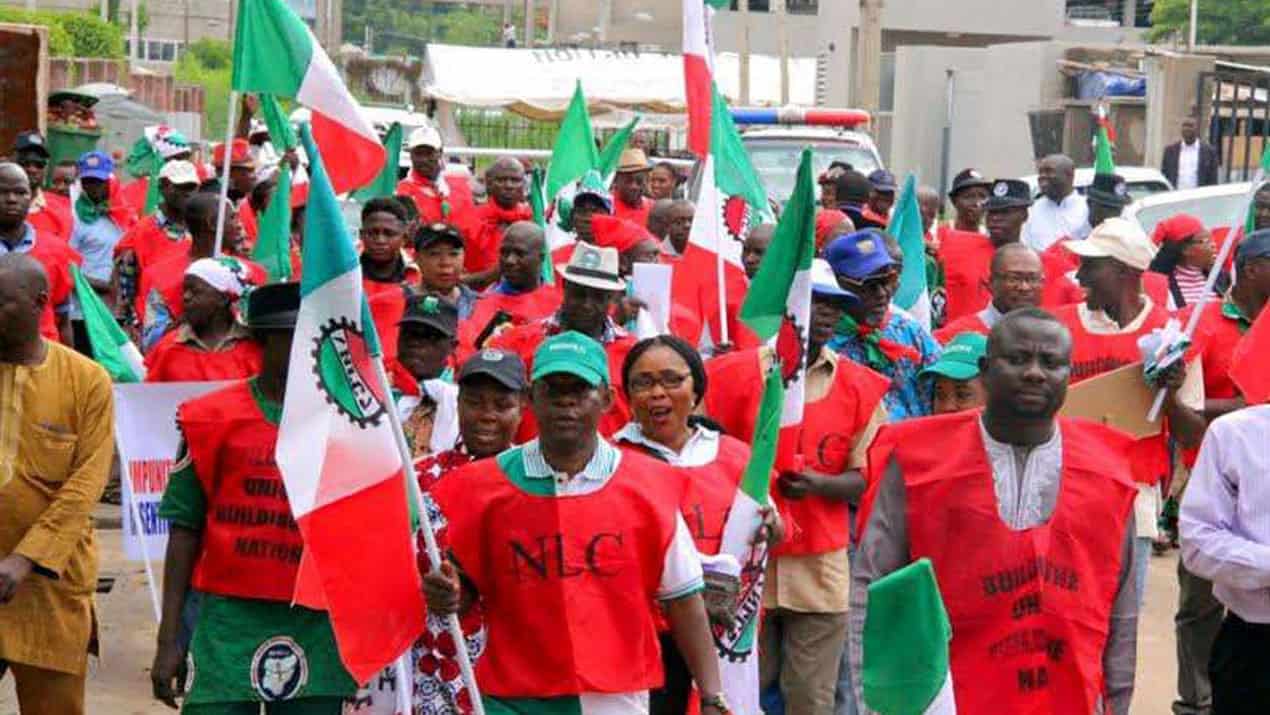The Nigeria Labour Congress on Monday broke its silence after a lot of pressure from Nigerians asking it to react to the recent fuel price hike.
NLC President Ayuba Wabba, in a statement, said the labour condemned and rejected the increase in fuel price which, he stressed, had exacerbated the current level of pain and anguish in the country.
- Petrol to sell at N172.17 as FG increases fuel price 5th time in 5 months
- ‘Our take on new petrol pump price’
He said: “The recent increase in the pump price of PMS is clearly against the spirit and content of what organized labour agreed with the government at the last negotiations over the last fuel price increase.”
He alleged that the government had not been alive to its responsibilities, stressing that it had painted the labour unions in bad image in the eyes of Nigerians with recent moves.
He said, “It has also cast in very bad light our utmost good faith with regards to government explanations that it lacks funds to continue bankrolling the so-called subsidy payments as such would sooner than later cripple the entire economy, throw the country into severe economic crisis and cause loss of jobs in millions.
“While we await the full recovery of our refineries as contained in our agreement with government, Nigerians cannot be made to bleed endlessly for the failures of successive government to properly manage our refineries, ensure value for money for the numerous turn around maintenance which were poorly and barely executed and the horrifying lack of interest in prosecuting public officials and private business people who have profited from the rot in our petroleum sector and the collective misery they have imposed on the general population.
“The truth is that we would not have been in this precarious situation if the government had been alive to its responsibilities. There is a limit to what the citizens can tolerate if this abysmal increases in the price of refined petroleum products and other essential goods and services continue.”
Wabba, however, called on the government to review all its policies leading to daily inflation particularly the recent reduction of petrol price.

 Join Daily Trust WhatsApp Community For Quick Access To News and Happenings Around You.
Join Daily Trust WhatsApp Community For Quick Access To News and Happenings Around You.


